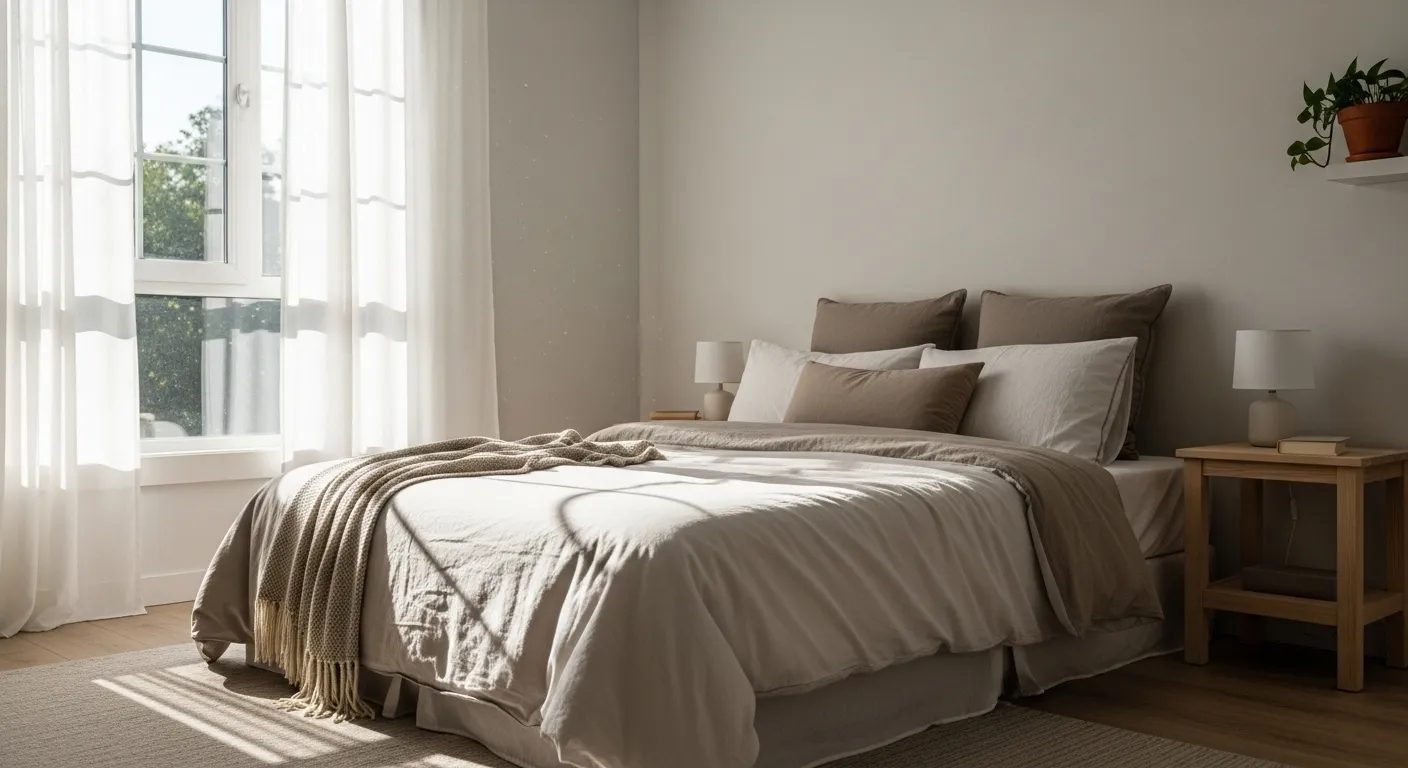Hello, and welcome. I’m so glad you’re here. If you’ve ever found yourself lying awake at night, watching the numbers on the clock tick by, you know that feeling of a truly restful night’s sleep can sometimes feel like a distant memory. You’re not alone in this. So many of us, as we journey past 50, notice a shift in our sleep. The deep, uninterrupted slumber of our youth seems to have been replaced by lighter sleep, more frequent awakenings, and a general sense that we’re just not getting the quality rest we need.
It’s easy to dismiss this as just another part of getting older, but I want to gently challenge that idea. While our bodies and needs do change, vibrant health and deep rest are absolutely within our reach. Think of this journey not as a battle against sleeplessness, but as a gentle process of re-learning how to listen to your body and give it what it truly craves. Together, we’re going to explore simple, compassionate, and science-backed ways to invite restorative sleep back into your life, one peaceful night at a time.
The Surprising Science: Why Your Brain and Body Crave Restful Sleep
We often think of sleep as simply an “off” switch, a passive state where our body just… stops. But the truth is, a bustling, brilliant world of activity happens while we’re resting. Sleep is one of the most productive things you can do for your health, especially for senior health and well-being. It’s during these precious hours that our body and mind perform critical maintenance, like a dedicated crew working tirelessly behind the scenes.
So, why do sleep patterns change with age? It’s a fantastic question. As we get older, our internal body clock, or circadian rhythm, can shift. We may find ourselves getting tired earlier in the evening and waking up earlier in the morning. Our bodies also tend to produce less melatonin, the hormone that signals it’s time for bed. Furthermore, the very structure of our sleep changes. We spend less time in the deep, restorative stages of sleep (often called slow-wave sleep) and more time in lighter sleep, making us more susceptible to waking up from noise or discomfort.
Understanding this isn’t about feeling discouraged; it’s about feeling empowered. When we know why things are happening, we can be more strategic and gentle with our solutions. This deep sleep we’re aiming for is where the real magic happens. It’s when our brain clears out metabolic waste products that build up during the day, a process that researchers believe is vital for cognitive health and memory consolidation. It’s when our immune system gets a powerful boost, our tissues repair, and our hormones that regulate appetite and stress are balanced. A good night’s sleep isn’t a luxury; it’s the very foundation upon which our daytime energy, mood, and overall vitality are built.




















